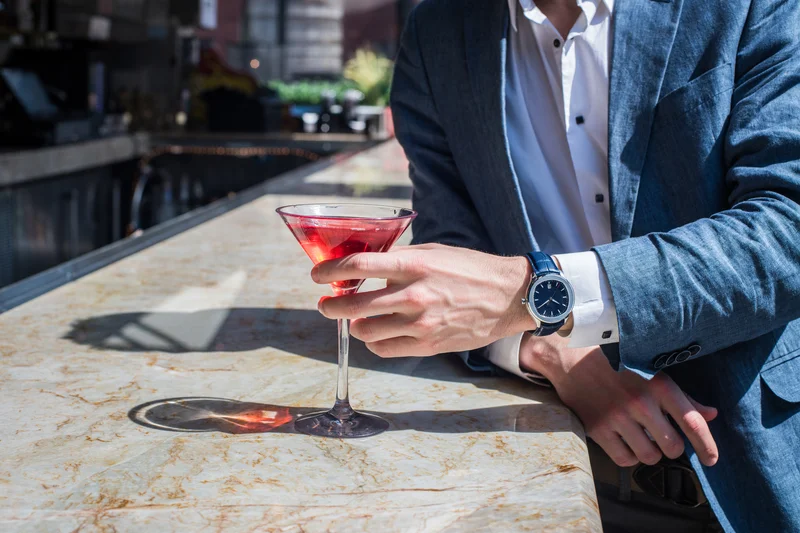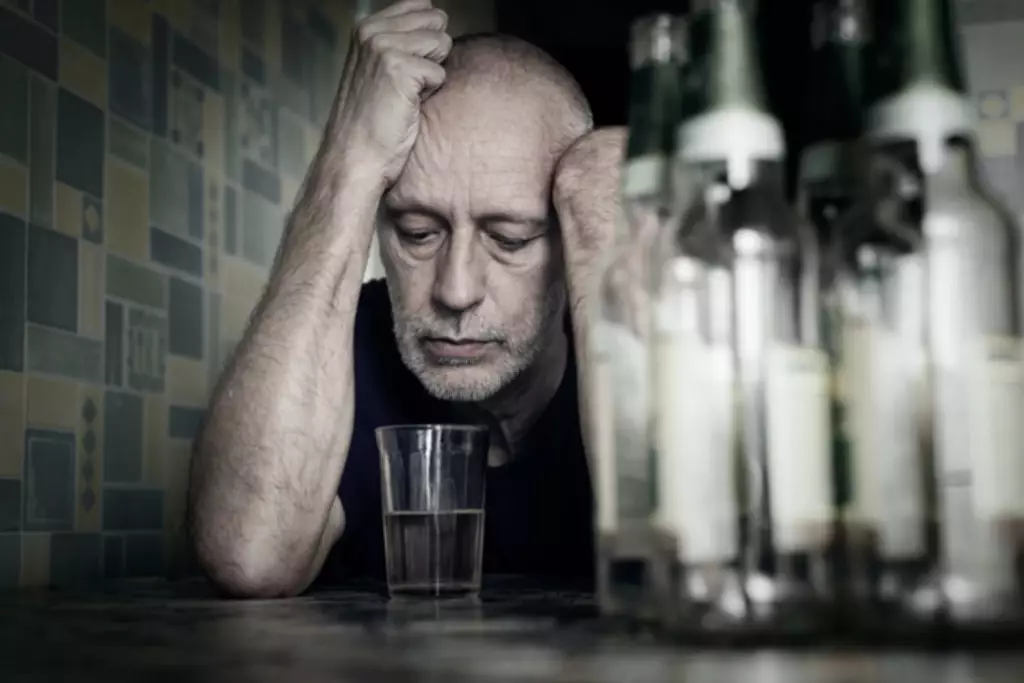
It depends on how fast you drink, what foods you might be consuming, how often you’re urinating, and things like your own metabolism and health. Hangovers already include things like light and sound sensitivity, headaches, fatigue, dry mouth, nausea, and aches. The symptoms of dehydration will pile on top of those symptoms, and some things like nausea and vomiting can negatively impact your hydration levels, too. Although mild to moderate dehydration can usually be treated at home, moderate to severe dehydration may require medical treatment, such as receiving fluids through an IV.
- They can affect any part of your urinary tract, from your kidneys to your bladder.
- Ginger beer, which contains no alcohol or yeast, has fewer diuretic properties than traditional beer.
- A bottle of whiskey on the mountain after a full day of skiing and snowboarding sounds like a dream.
- While many people drank beer in the 18th century, it would not represent the type of beer that you are used to drinking on a Saturday night.
People Are Reading
Different types of alcohol have varying effects on the body’s hydration levels. Generally speaking, the higher the alcohol content of a drink, the more dehydrating it will be. Your respiratory system is yet another victim of alcohol’s dehydrating properties. can beer cause dehydration Did you know that alcohol can disrupt the delicate balance of fluid and moisture in your airways? Every time you breathe, you release moisture in the form of water vapor into the surrounding air.

How does dehydration from alcohol affect swollen feet?

Beer closer to 4% can help with rehydration, but it slows the whole process down. There is archaeological evidence that beer was consumed 13,000 years ago. It has become a part of almost every culture since the cultivation of crops. Ancient Egyptians paid their workers in beer, with workers getting paid 4-5 litres of beer each day! There is a common belief that people drank more beer or wine during the middle ages than they did water. Another issue is that alcohol that is over 4% actually causes you to urinate more water than is contained within your beer.
Can Alcohol Dehydrate You?
Beer is a diuretic, which means it causes you to urinate more frequently. Alcohol also stays in the body longer than water, taking up to six hours to leave the system. Dehydration is one of the most significant contributors to muscle spasms. When you drink alcohol, it leads to increased urination which can result in fluid loss. This fluid loss can cause your body to become dehydrated quickly if not compensated for with water intake. The diuretic effect of alcohol can be mitigated by drinking water or consuming electrolytes along with alcoholic beverages.

Alcoholic Hepatitis: Spot The Signs, Reclaim Your Health

Alcohol-induced dehydration doesn’t have different signs Oxford House than normal dehydration. These signs include headaches, dark urine, dizziness, and a strong thirst. Dehydration is a common condition that occurs when your body doesn’t have enough fluids to function normally. Alcohol can steer your body towards dehydration, but water and a heaping helping of electrolytes can help with course correction.
Impaired cognitive function:
When you have food in your stomach, alcohol is absorbed more slowly into your system. It’s best to drink while eating or just after, and to snack as you continue to drink. Alcohol’s diuretic effects mean it’s difficult to avoid experiencing some level of dehydration from drinking.


Comentarios recientes